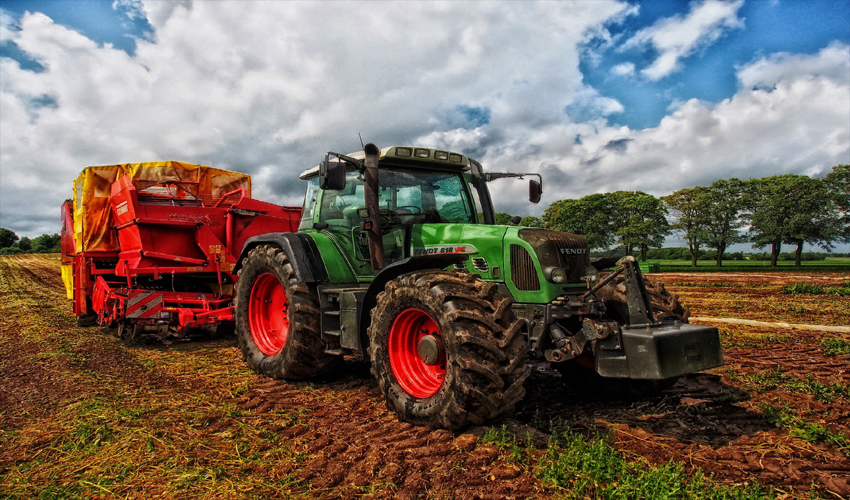Amalia Trade has an excellent reputation for safe, sustainable and healthy foods, supported by a transparent food chain and highly effective regulation.
Agric business is recognised as a future wave of economic growth,where Australian advantage meets global opportunity. To achieve globally competitive economies of scale within the industry, there is growing recognition of the need for international partnerships, industry consolidation and reconfiguration of supply chains.
With global food demand booming, Australia is ideally placed to become a premium food supplier and a long-term partner of choice in food security. To help its agribusiness and food sector scale-up and make the most of growth opportunities, Australia is keen to attract investment in innovation, agriculture production incorporating food and fibre products, and advanced food processing.
Australia has an excellent reputation for safe, sustainable and healthy foods, supported by a transparent food chain and highly effective regulation. Australia’s ethnically and culturally diverse population also provides an ideal test market for new food concepts.
The Aussfirm has a long and proud history in agriculture on both sides of the family. The Group is committed to investing in local rural communities, developing and implementing innovative, industry-leading farming practices and driving export quality and growth.
With global food demand booming, Australia is ideally placed to become a premium food supplier and a long-term partner of choice in food security. To help its agribusiness and food sector scale-up and make the most of growth opportunities, Australia is keen to attract investment in innovation, agriculture production incorporating food and fibre products, and advanced food processing.
The Australian Government is committed to ensuring the agribusiness and food sector is globally competitive. The agricultural competitiveness white paper and the white paper on developing northern Australia set out practical measures to build more competitive supply chains, provide the infrastructure needed to support growth, invest in research that drives productivity growth and open new overseas markets.
International investment in Australia’s agriculture and food is growing as Australia capitalises on the high demand for its safe, premium food products and creates stronger ties into regional supply chains.


